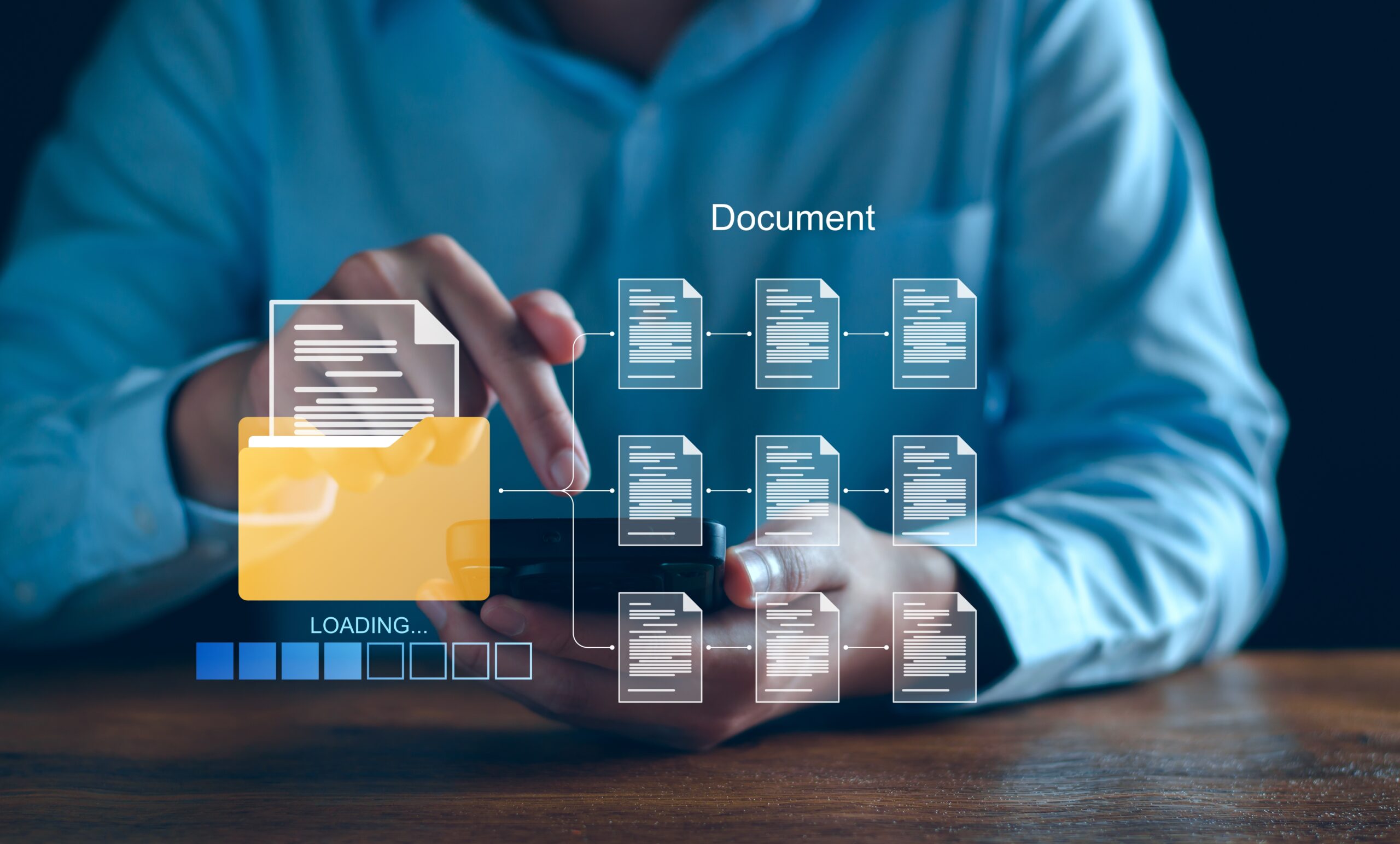The fast-growing, worldwide urbanization has taken government agencies by storm. The unprecedented population growth in the urban areas pose various challenges towards successful development of these areas.
• By 2045, the world’s urban population is expected to exceed 6 billion
• The world is projected to have 41 mega-cities with over 10 million inhabitants by 2030
Source: www.un.org
The smart city initiative promises citizens a better livelihood and advanced infrastructure through optimized resource utilization, enhanced quality of life and efficient delivery services. With urbanization gaining momentum, it presents a strong case for government agencies to leverage modern, cutting-edge technologies and understand citizens’ dream of a smart city.
Make Way for a Smart Lifestyle
Talking of smart cities, some of the features that citizens will witness are round-the-clock video surveillance, driverless public transit systems, smart parking, and others. To deliver these advancements technology plays a vital role. High-speed broadband networks enabling gigabit connections, mobile networks supporting 4G and 5G along with integration of internet of things (IoT) will form the fundamental infrastructure of smart cities. These cities are set to offer a host of benefits with smarter services such as:
Waste Management
Promoting cleaner cities with the help of sensor-fitted waste containers programmed to detect their capacity to collect waste, in order to prevent waste spillage and deposition on roads.
Disaster Management
Detect changing weather conditions and deliver pre-alert to citizens in case of emergencies such as flood, tsunami, and others. Alerts can be sent by gathering information from various authorized sources and circulate them across platforms such as social media, SMS, WhatsApp, etc.
Transport and Traffic Management
Installing sensors that sends an update to traffic control department who can further send a pre-alert to the commuters will avoid unnecessary congestions, in case of accidents.
Water Management
Immediately detect any water leakages in the water distribution system and request for pipeline maintenance, ensuring optimum utilization of resources.
e-Municipality
Enable municipal departments to optimize multiple processes such as building plan approval, certificate issuance, property tax management, scheme and policy management, events management, town planning, etc. Enhances service delivery by offering services through different modes such as online portal, mobile apps, and Kiosks.
Laying the Infrastructure for Smarter Cities
With internet-connected devices and smart objects spread across the entire city, it stands to offer a lot more. In a city with over thousands of sensors, the amount of data generated would be humongous. The key is to leverage the data in the right context and make sense of it. IoT plays a critical role, however, to truly unleash the potential of a smart city, the generated data needs to be aligned with the processes.
Leveraging internet-connected devices and a business process management system together can transform every aspect of a city’s daily tasks by automating processes and optimizing outcomes. BPM system streamlines processes through flexible workflows, and allows for continuous process innovation, and improvement.
Here’s how business process management system helps build smarter cities:
Enhanced e-Governance
Smart cities will allow for seamless collaboration between citizens and government agencies by creating a strong interconnection through secure information flow. With sensors generating mammoth amount of data, the system would empower government departments to easily access this data, archive for future reference, and analyze it with smart content analytics to extract contextual information. This can be used to improve the quality of life for citizens by offering responsive services, detecting opportunities and threats through past trend analysis, and driving transparency across the board.
Breaking the Silos
Implementing different technologies at the state level results in siloed information and systems. For a smart city framework to efficiently work, it is vital to break the existing silos and allow systems to seamlessly communicate and collaborate. Leveraging business process automation platform’s extensive integration capabilities enable smooth transactions and secure information flow across these systems. It supports day-to-day business operations and allows optimal utilization of city’s resources. BPM enables effective decision making by ensuring that all key decision makers and stakeholders gain easy access to the information, resulting in optimal outcomes acceptable by all.
Real-time Processing
From streetlights, transport fleet to waste-collecting trucks, everything can initiate an event. The key here is to effectively capture and track these events, comprehend data and initiate the required workflow in real-time. Business process automation system allows you to capture events from IoT devices, sensors and external applications and triggers associated actions in real-time to fast-track service delivery. The platform assesses trends and helps cities respond to emerging opportunities and threats, fostering operational intelligence through improved process visibility and business responsiveness.
Rapidly Adapt to Change
With continuously evolving needs of tech-savvy citizens, the government agencies need to consistently embrace change and deliver high citizen experience. Consequentially, a smart city will constantly evolve depending on the needs of its citizens, industry best practices, economic climate, socio-political and technological advancements. This demands for systems which allow cities to optimize and improve implemented processes. With business process management solution as the underlying platform these processes can be easily and cost-effectively adapted without incurring too much analysis, simulation, effort, and cost.
Intelligent Transport Management with BPM System
You are driving to your office, and you get stuck in huge traffic jam due to a bus breakdown. In such a situation having a system that is programmed to suggest alternate route to avoid traffic congestion would be great breather for everyone. This is what you and your citizens are set to experience by integrating a robust business process automation management system that helps in building a strong foundation of your city. The below use cases explain how a business process automation software enabled transport management works.
Transport Management
In case of a bus breakdown, the inbuilt sensors send a signal to the command centre with its GPS coordinates. At the command centre, the system auto- creates a case file and initiates a workflow, sending a pre- alert to the nearest workshop to tow the bus from the road. The workshop manager as soon as he receives the request creates a job card so that the bus is repaired at the earliest and revenue loss is prevented. The system based on the defined workflows auto-assigns the job card to a mechanic. The mechanic in parallel directs a request to the inventory and asks for the required tools and parts. And, in real-time a message stating about the bus breakdown is forwarded to all the citizens commuting on that route to avoid traffic and congestion.
Smart Parking
Going for grocery shopping and thinking about parking issues. Well, it’s time to worry no more. With a business process management enabled transport system, the sensors in the parking area detect vacant parking spaces and send the data to the central server on the cloud. A driver on his way to a destination request for a parking slot through his smart mobile app. The request is directed to the central server and a slot is confirmed. The system ensures citizens a hassle-free and cashless drive by enabling the driver to pay parking charges through their mobile app.
Increasing urbanization and digitization are paving way for a digital society which demands for smarter cities built on collaborative digital platforms. With business process automation and IoT working together, it forms a robust foundation for smarter cities. Business process automation software with its intelligent engine supports definition, subscription, and handling of all the internal and external events triggered by sensors, devices, or external applications. It offers extensive capabilities to manage process exceptions and trigger actions associated with every event, allowing responsive and enhanced service delivery. Leveraging business process automation platform, you have the power to capture and decipher key insights from both past patterns and emerging trends to develop actionable intelligence and be future ready.
You might be interested in

22 Jan, 2026
Why storing everything is not the optimal email archiving strategy for 2026



